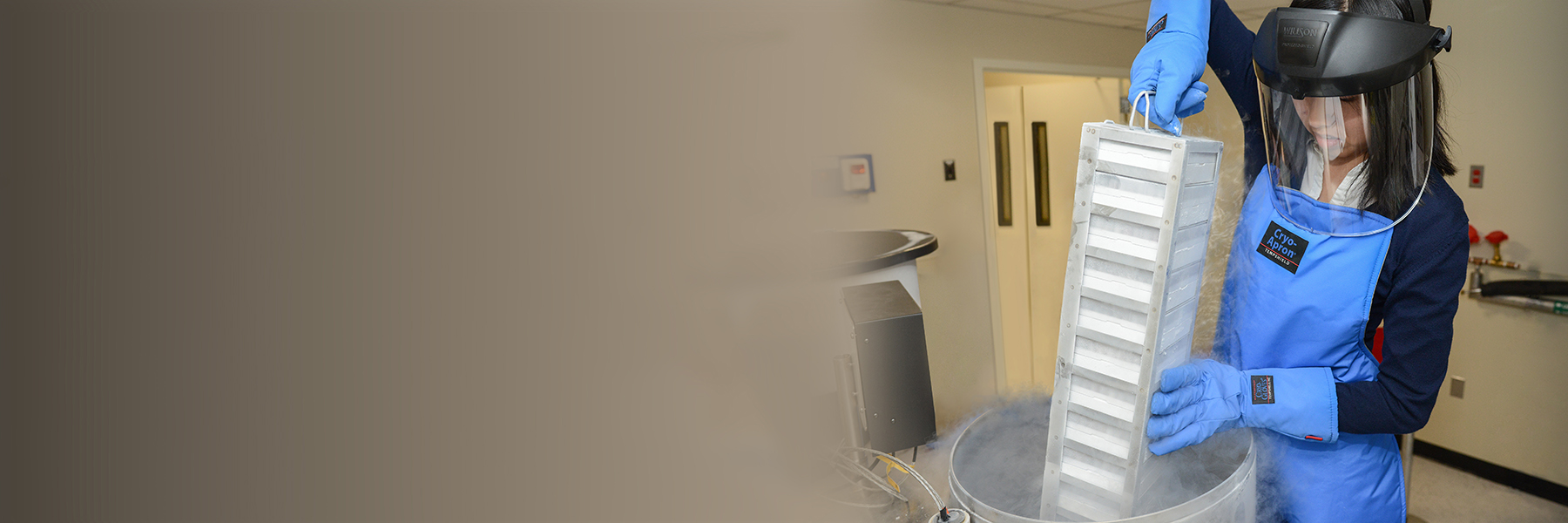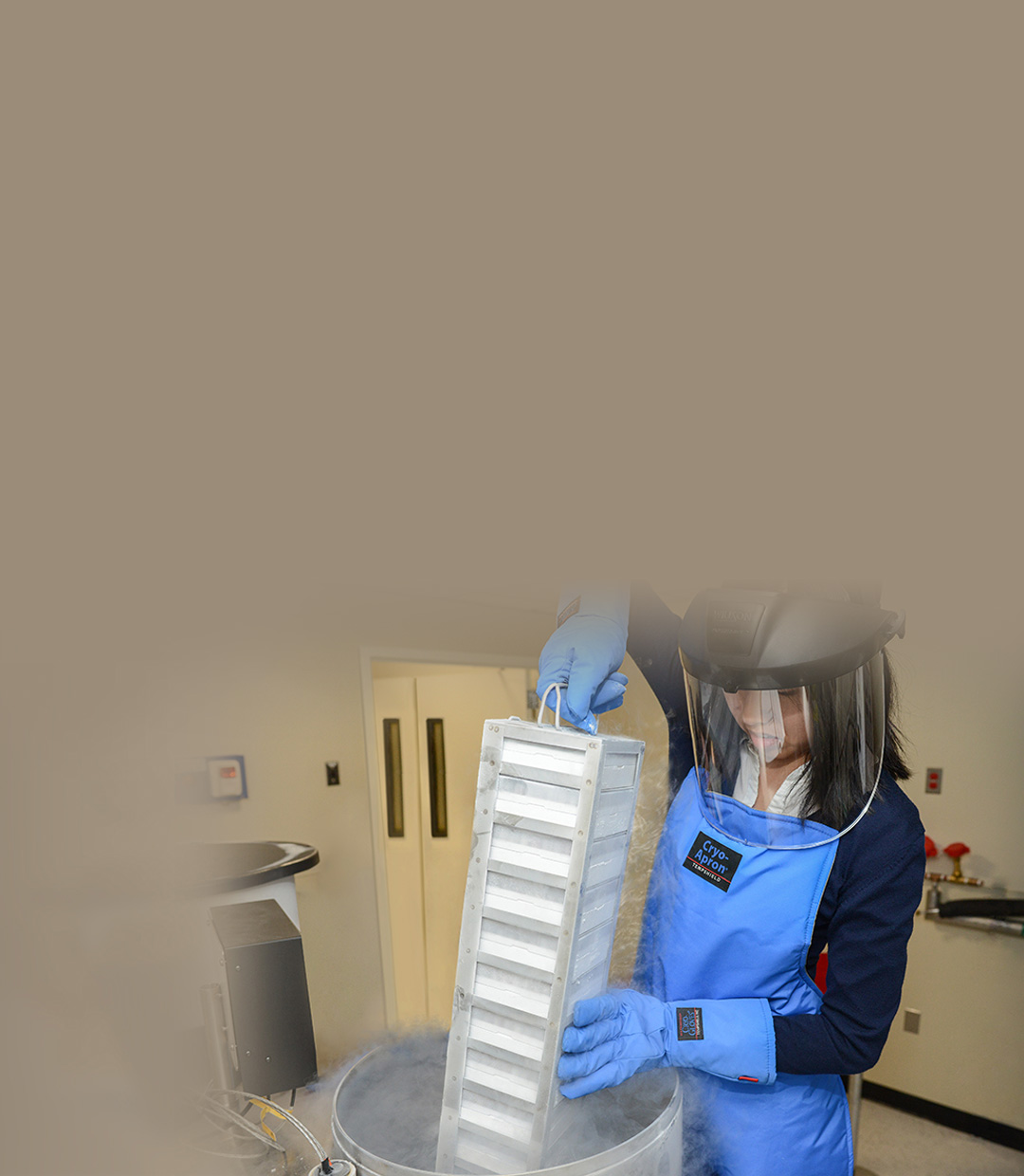Stony Brook Cancer Center (SBCC) at Stony Brook University is committed to giving our researchers and clinicians the very best tools to discover new ways to prevent, diagnose, and treat cancer. To make this possible, we have developed a set of Shared Resources—specialized facilities that bring together advanced technologies, expert staff, and collaborative support. These resources make sure that every project, from basic science to clinical trials, has access to the innovation needed to succeed in their research and clinical practice.
-
Biostatistics
The Biostatistics team provides comprehensive expertise in study design, statistical modeling, and data interpretation for cancer-related investigations. This team uses innovative approaches—like advanced modeling and predictive analytics—to reveal patterns that may not be obvious at first glance. Their work helps scientists and clinicians understand whether a new treatment is truly effective and ensures that studies produce meaningful, trustworthy results. -
Bioinformatics
Modern cancer research generates massive amounts of data, often from DNA sequencing and other “omics” technologies. Our Bioinformatics team turns this data into discoveries. Using powerful computers, artificial intelligence, and advanced algorithms, they help researchers identify genetic changes, molecular markers, and other clues that can guide more personalized cancer treatments. By analyzing this complex information, the Bioinformatics resource is driving progress in precision medicine—where care can be tailored to the individual patient. -
Mass Spectrometry Facility
Cancer changes the way cells use proteins, fats (lipids), and energy (metabolism). Our Mass Spectrometry Facility allows researchers to study these changes at a very detailed level. With highly sensitive instruments, scientists can detect small molecular differences that may signal how cancer grows or why it resists treatment. The facility supports both discovery science and targeted studies—for example, identifying new drug targets or biomarkers that predict how a patient will respond to therapy. This type of analysis is opening new doors for earlier detection and more effective treatments. -
Tissue Analytics
At the heart of translational cancer research is access to high-quality patient samples. Our Tissue analytics carefully collects, stores, and shares cancer tissues, blood, and other biospecimens, always following the highest ethical and regulatory standards. These samples are linked with valuable clinical information, making them an essential bridge between the lab and the clinic. The tissue repository allows researchers to test new ideas directly on human samples, speeding up the process of discovering and validating better ways to fight cancer. Importantly, it ensures that each patient’s contribution has a lasting impact on cancer research worldwide.
Collectively, the Shared Resources at the SBCC provide a dynamic foundation that empowers our investigators to make groundbreaking discoveries. They form the backbone of the Cancer Center’s research enterprise, and they represent an investment not just in technology, but in people and ideas—empowering scientists from different disciplines to ask bold questions. By methodological innovation, cutting-edge technologies, and collaborative expertise, our Shared Resources not only position the Cancer Center at the forefront of transformative cancer research, but they also bring the most advanced science to the fight against cancer.



